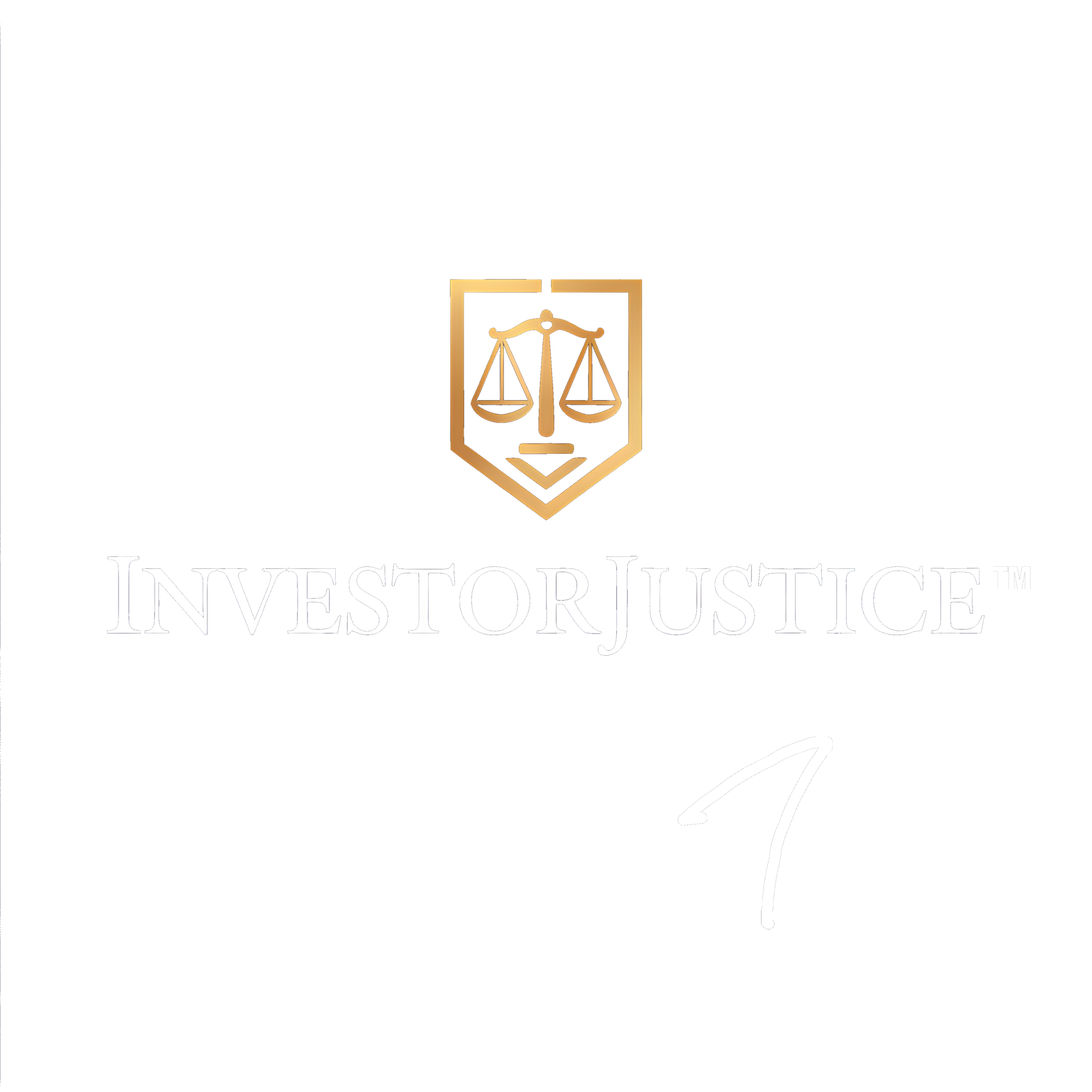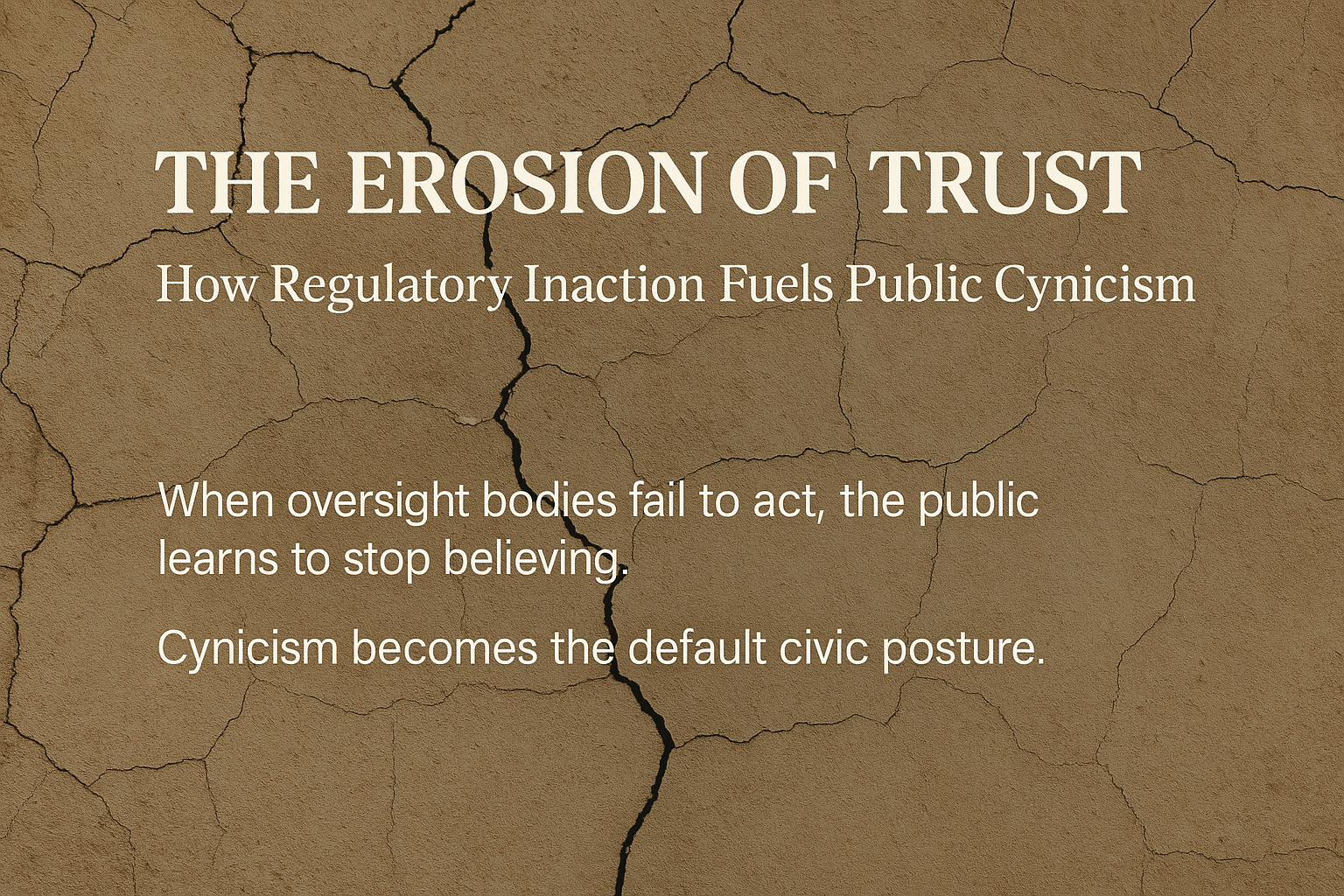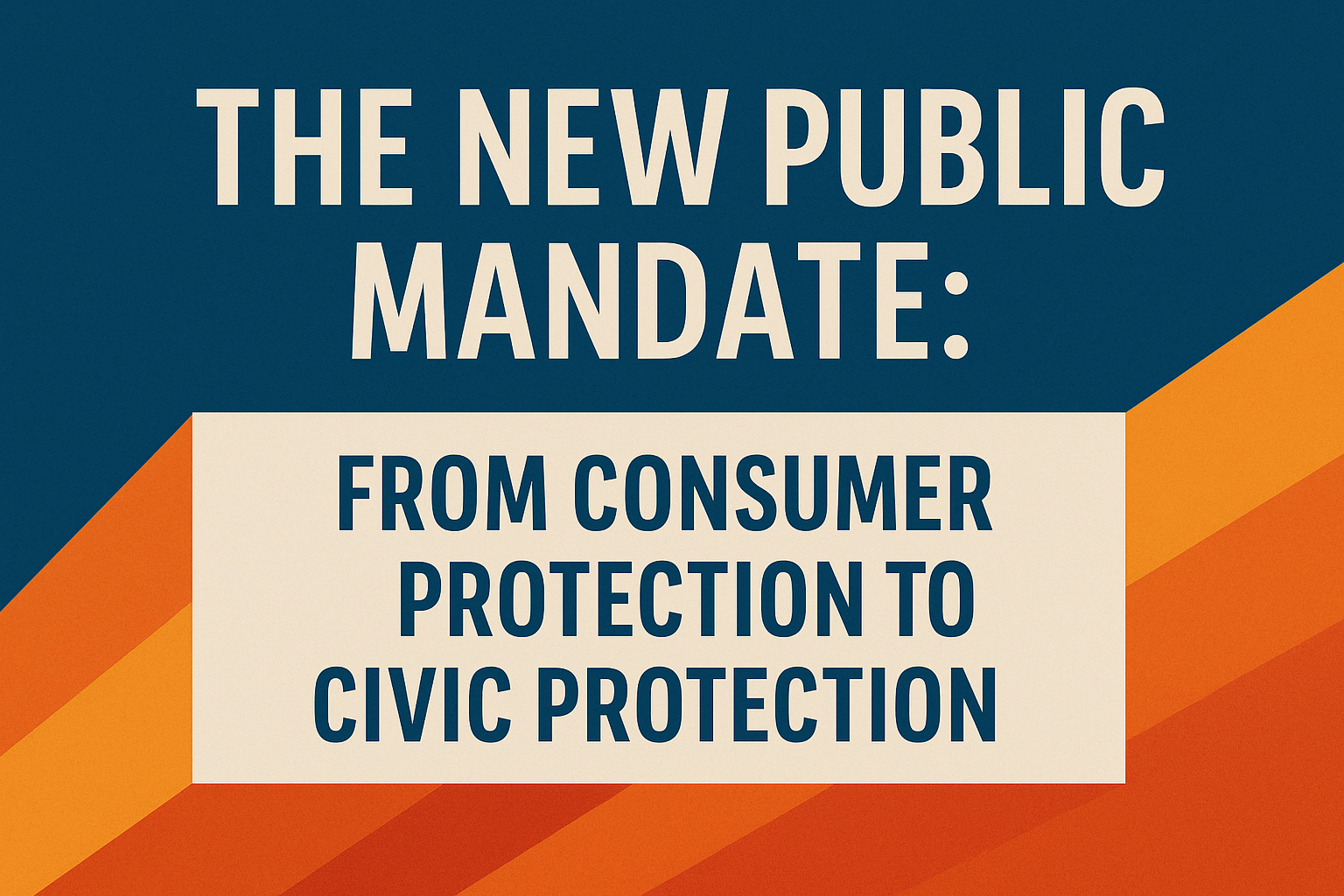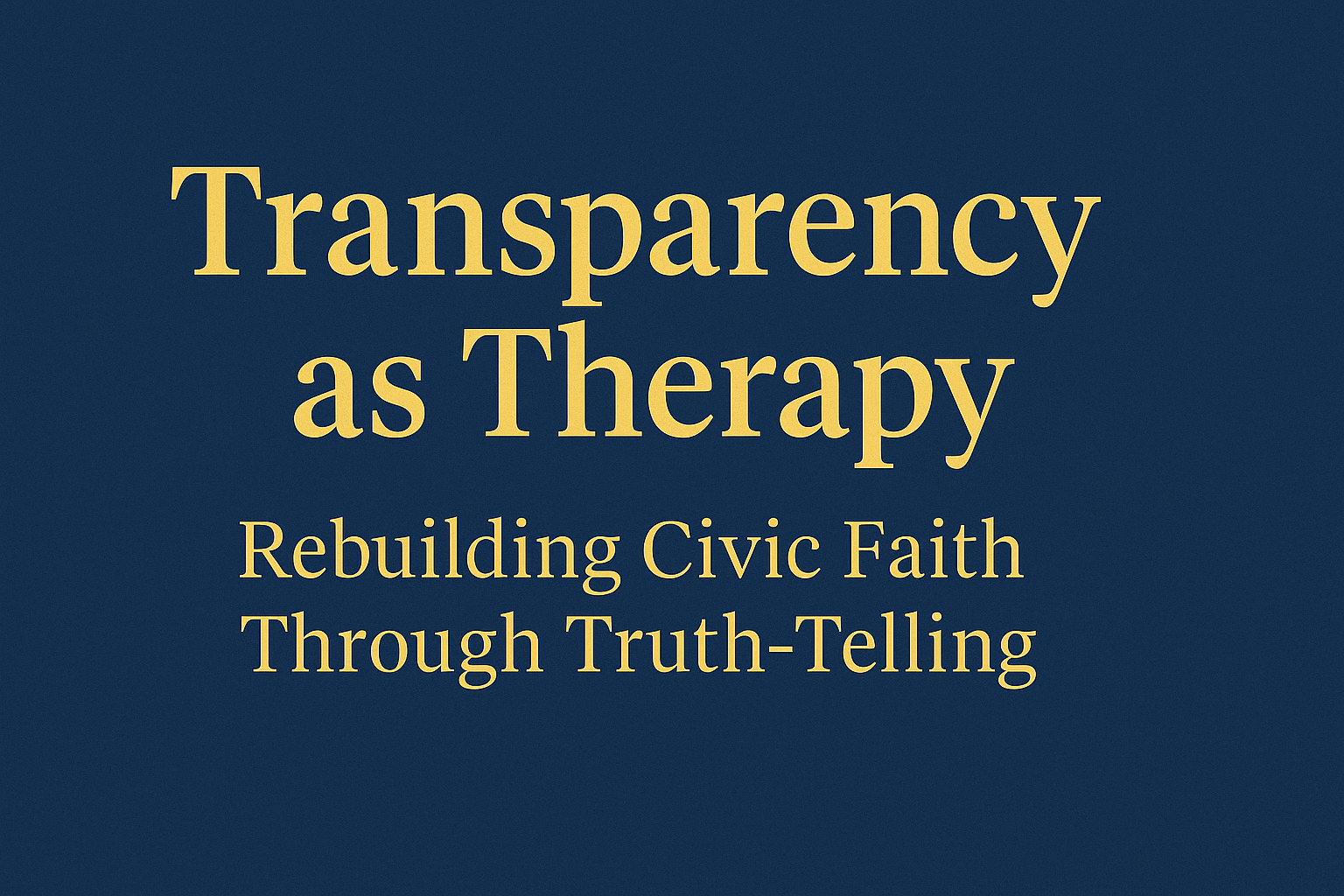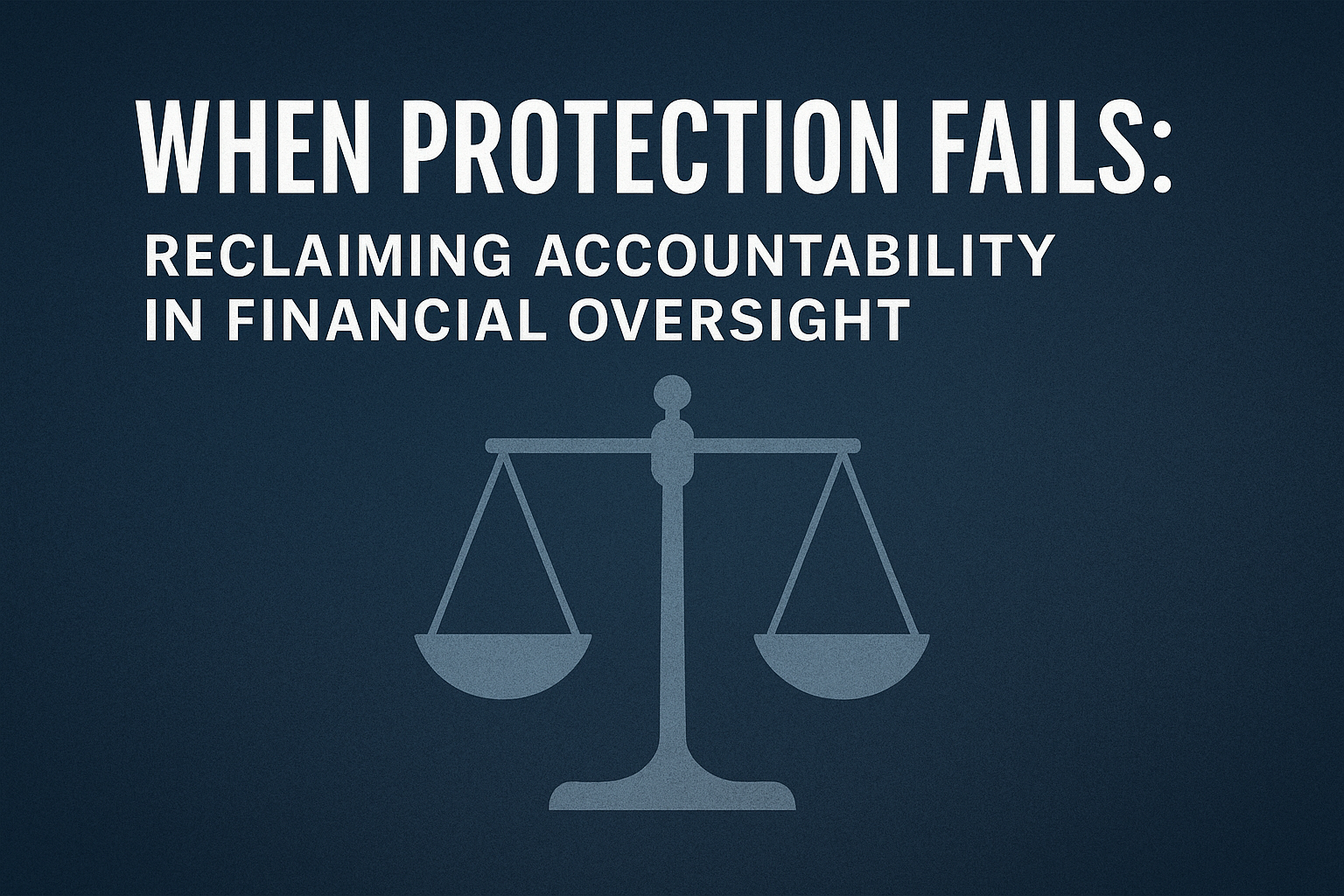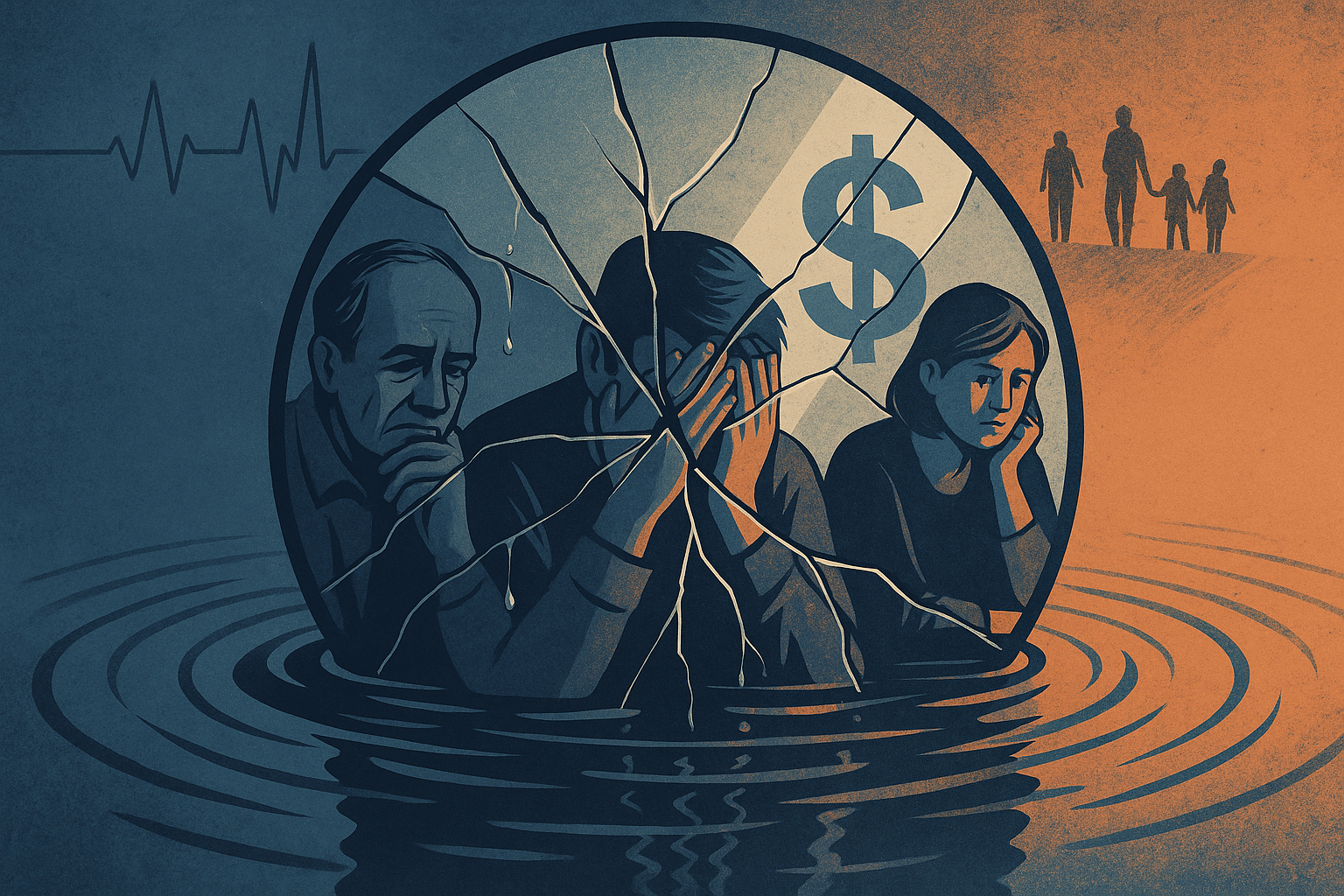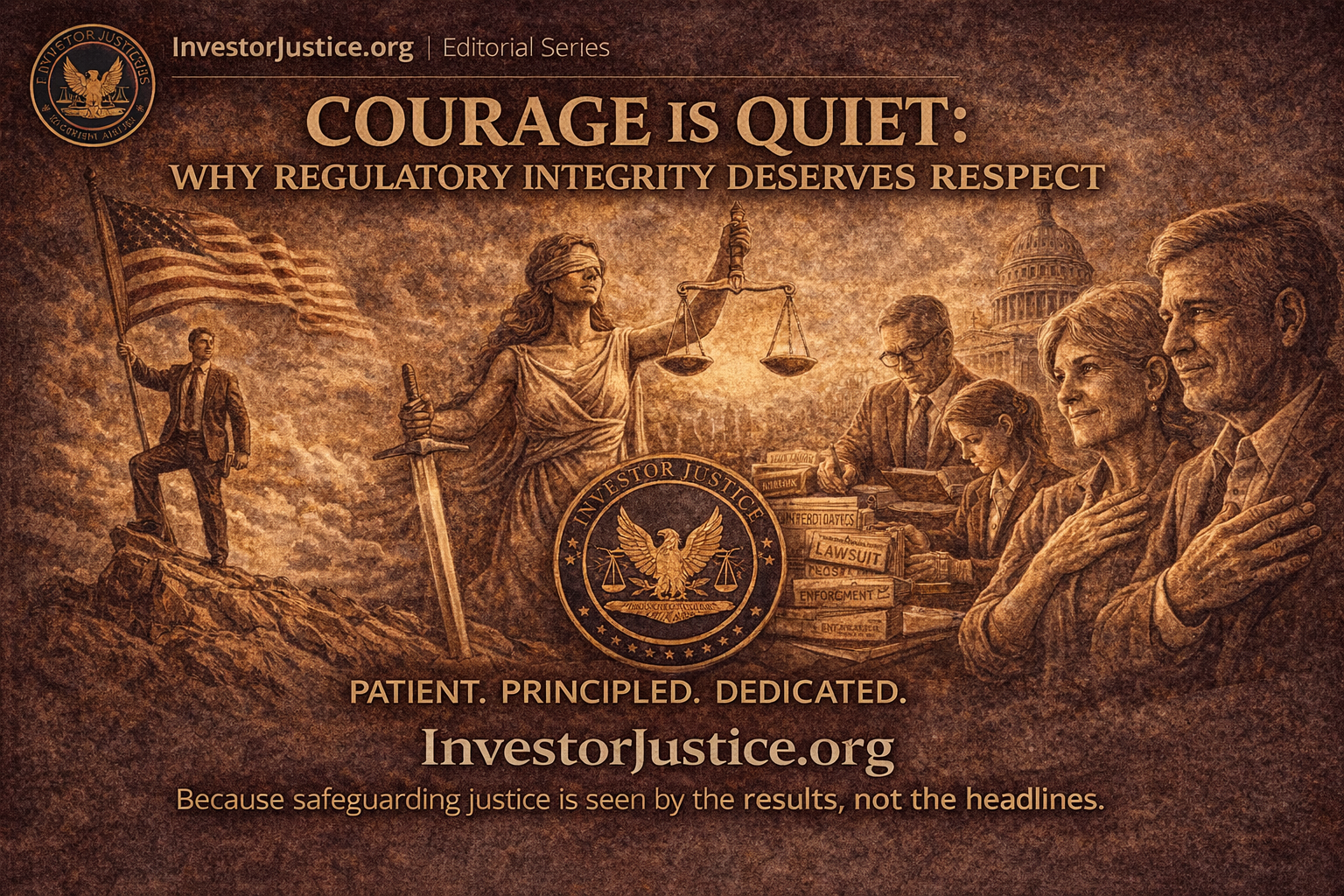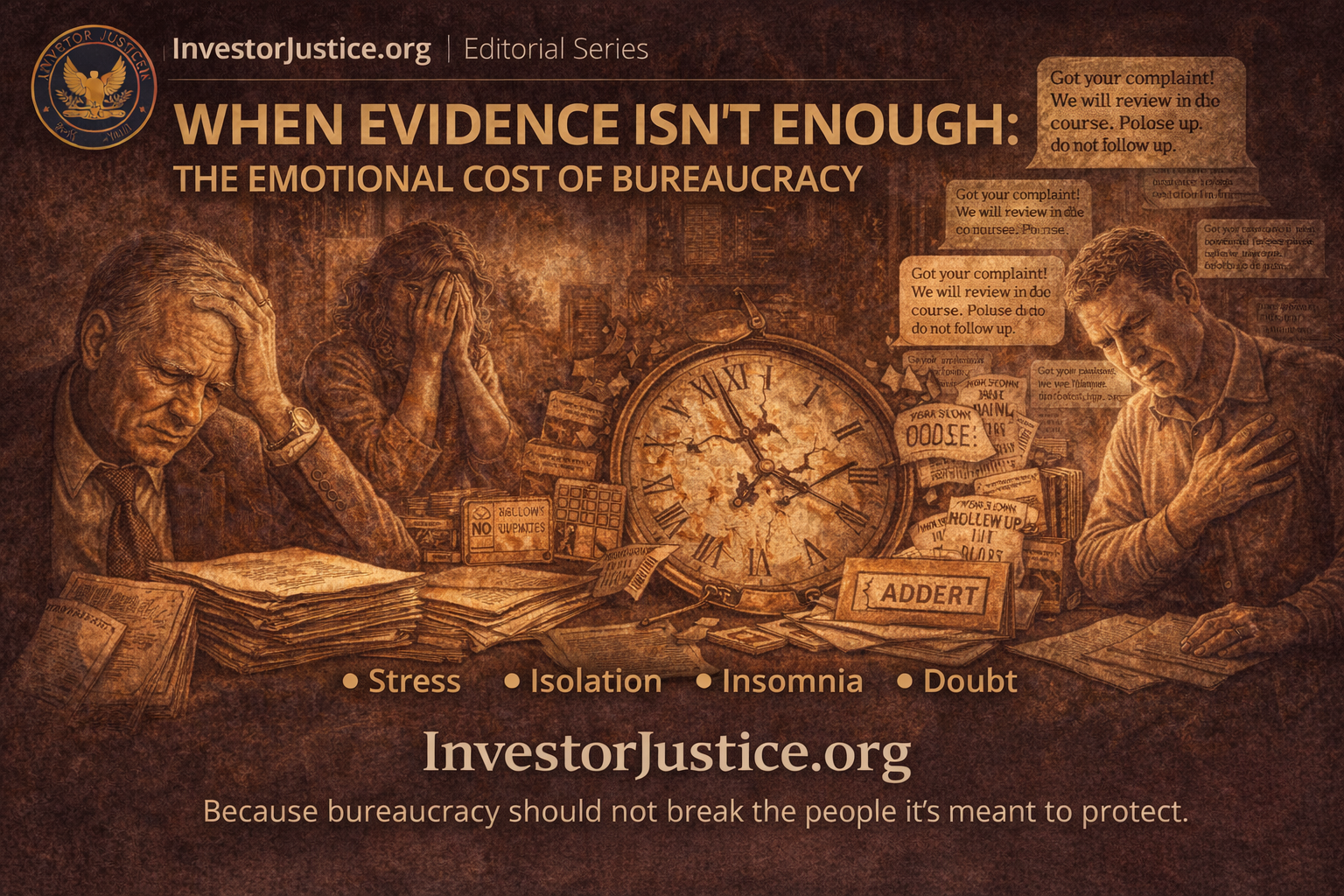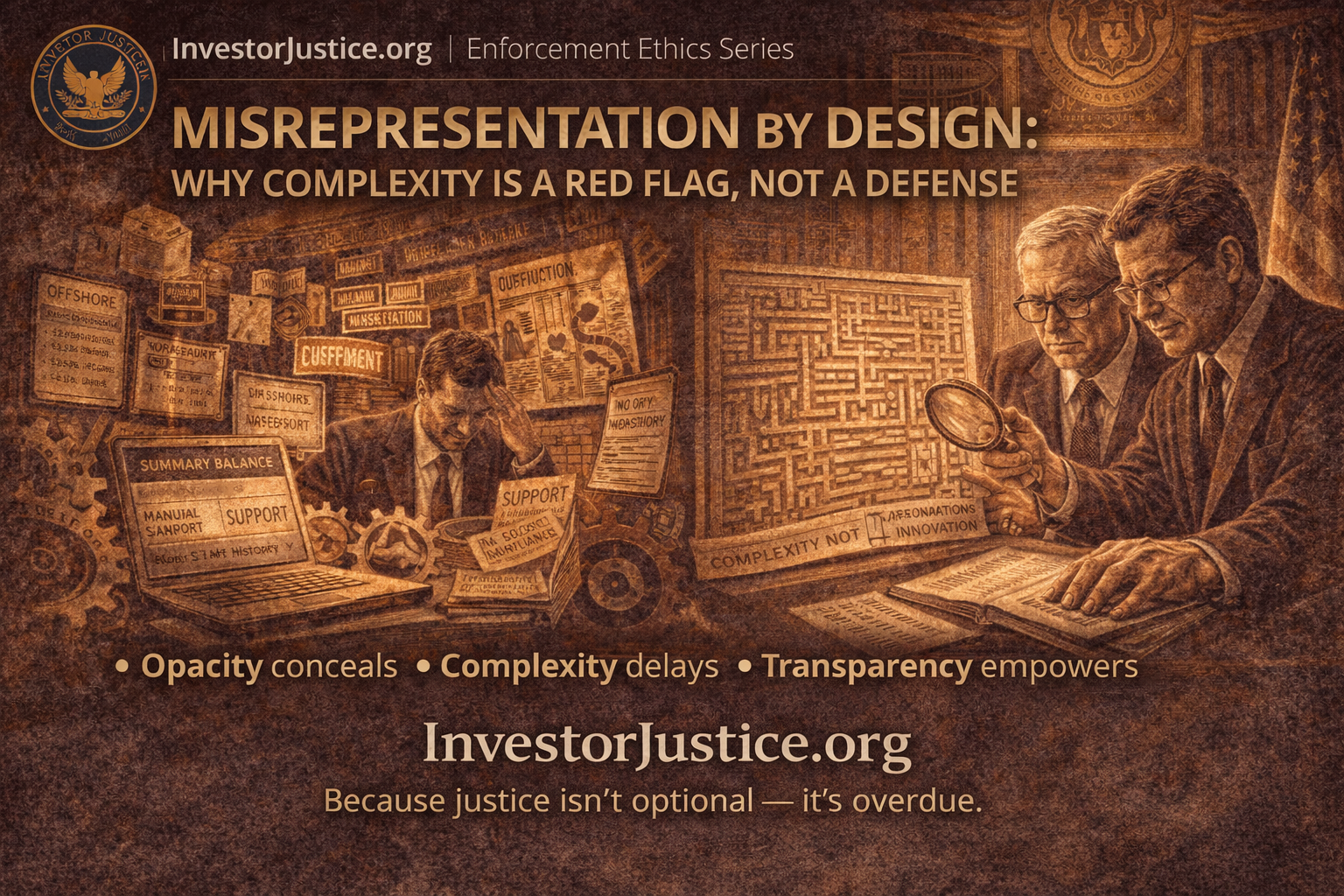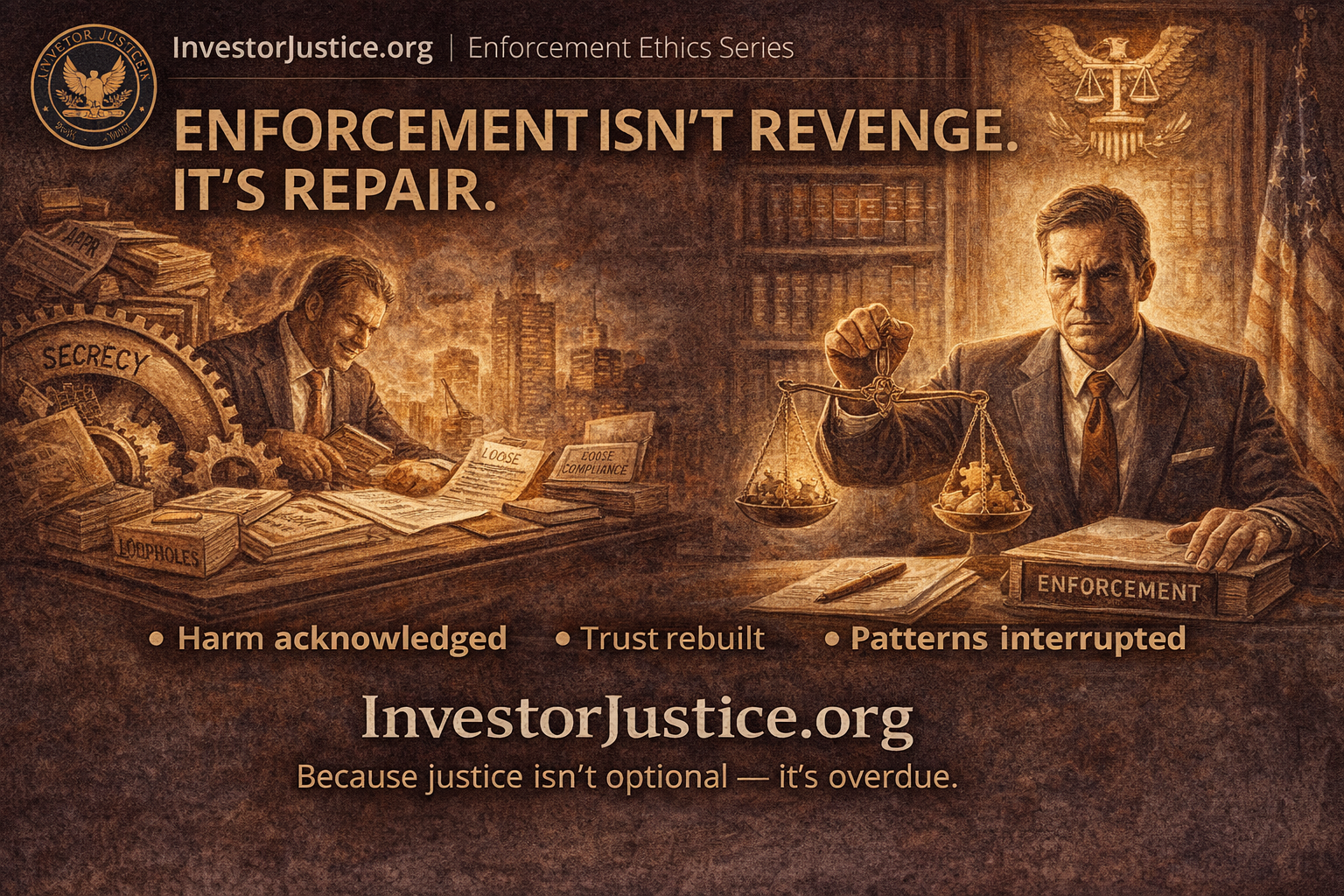Table of Contents
InvestorJustice.org | Civic Relevance Series
When oversight bodies fail to act, the damage isn’t just financial, it’s civic.
Each time a regulator delays, dismisses, or hides behind jurisdiction, another citizen learns that fairness is negotiable.
Regulatory silence trains the public to expect disappointment, and cynicism becomes the default civic posture.
The Anatomy of Erosion
Trust doesn’t collapse in a single event.
It dissolves drip by drip, memo by memo, until accountability becomes a rumor.
What begins as one agency’s hesitation becomes an institutional habit of avoidance.
Each unanswered complaint, each deferred investigation, sends the same message: the system will not save you.
And once that message takes root, even honest regulators inherit the burden of disbelief.
The Institutional Cost
Every agency built on the promise of protection carries a moral ledger, not just a financial one.
When that promise is broken, the balance owed is measured in faith — not dollars.
Public trust is not renewable on command.
It must be earned through visible courage, clear communication, and measurable transparency.
Regulatory credibility, once lost, cannot be rebuilt with press releases.
It requires deeds that ordinary people can see, verify, and feel in their daily lives.
The Way Back
Transparency isn’t about punishment; it’s about rehabilitation.
To rebuild belief, oversight bodies must replace delay with disclosure — and show the public, line by line, how accountability actually works.
Publish timelines.
Explain outcomes.
Name failures.
Then name what changed.
Reform doesn’t begin with new laws; it begins with the courage to say, “We waited too long.”
Trust, once fractured, can be mended only through proof and proof requires light.
